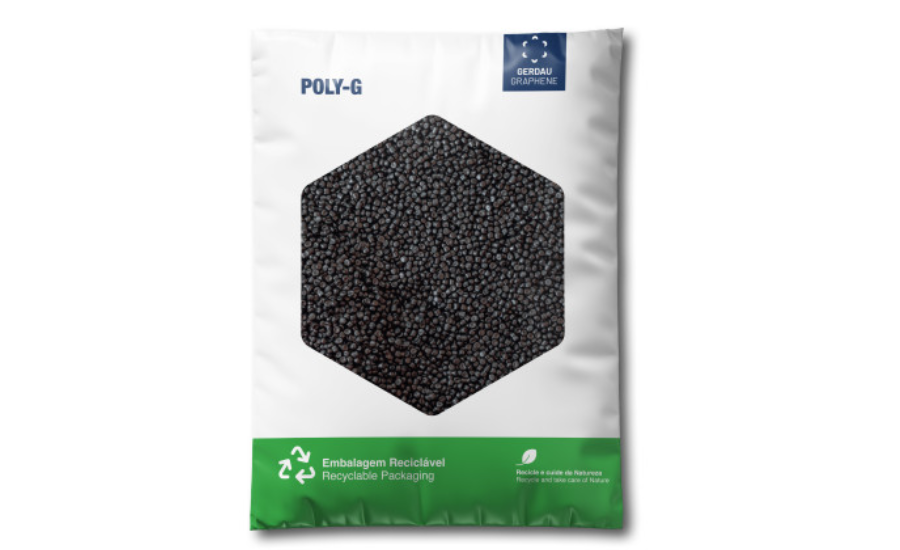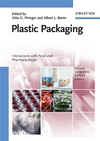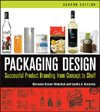Gerdau Graphene Partners with Packseven to Release Graphene Stretch Film

Courtesy of Gerdau Graphene
Gerdau Graphene, the nanotechnology company pioneering advanced graphene-enhanced materials for industrial applications, has announced that Packseven, one of Brazil's largest flexible film makers, has commercialized the world's first graphene-enhanced stretch film. The new ultra-thin film, developed using Gerdau Graphene's specialized graphene additive technology, is significantly thinner and more durable. Initial testing revealed that the new films could pack 120% more material without breaking compared with comparable flexible films. More durable stretch films reduce consumption of the material per pallet and increase safety in packing and loading. It is expected to be made available for sale in Q3 2023.
"Integrating graphene into our stretch film enhances its known properties, such as increasing its resistance to sharp objects that could pierce it. On top of that, it's more efficient - you use less of it when stretching, which means a big jump in cargo safety," said Kléber Ávila, CEO of Packseven. "Our goal is to provide a more durable film to the market, and we think this will set a new bar for quality, delivering numerous benefits to transportation, storage, and all sorts of packaging needs."
"The addition of graphene to polyethylene plastic films has shown gains in material resistance, making it possible to significantly reduce the thickness of the film. The addition of graphene thus allows for a performance gain combined with a more sustainable material due to the reduction of virgin plastic and/or the increase of recycled plastic in the composition of the final product," said Flavia Zangrandi, Head of Product Development at Gerdau Graphene. "Gerdau Graphene's mission is to harness the power of graphene for industrial applications, and our partnership with Packseven will deliver the next-generation of high-performance, low-weight films to the market."
Gerdau Graphene recently announced the commercial availability of its Poly-G polyethylene masterbatch, a graphene-enhanced additive for plastic resins suitable for the production of films, profiles, and sheets formed through the extrusion processes. The new thermoplastic products created using Poly-G are proven to be stronger and offer greater overall performance while costing less to manufacture and producing significantly less waste across the value chain. Poly-G was piloted in a series of industrial applications within Gerdau's factories before commercialization, including as a film for construction nail packaging. Gerdau found that by using the new, 25% thinner graphene-enhanced plastic film, far fewer nails perforated the packaging. As a result, Gerdau reported a 39% reduction in the volume of discarded damaged packaging and a 7% increase in film productivity.
Graphene, considered the strongest material on Earth, is composed of an atomic monolayer of carbon atoms arranged hexagonally in a honeycomb-like structure. Since it was isolated in 2004, graphene's extraordinary chemical, physical, electrical, thermal, and mechanical properties have captivated the world and led to its inventors winning the Nobel Prize in Physics. Graphene can be blended with plastics, lending its incredible strength to the polymer matrix, and making the blended plastic material much stronger. In addition to improving physical and mechanical properties, graphene also increases barrier properties against liquids and gasses; protection against weather, oxidation, and UV light; and increased electrical and thermal conductivity.
Looking for a reprint of this article?
From high-res PDFs to custom plaques, order your copy today!







